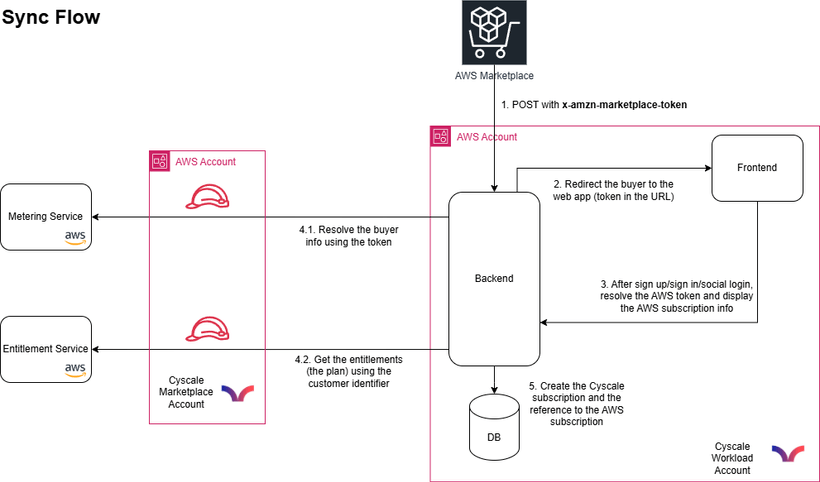Top Cloud Vulnerabilities and Incidents Discovered in 2023
Cloud Security Analyst at Cyscale
Monday, April 8, 2024
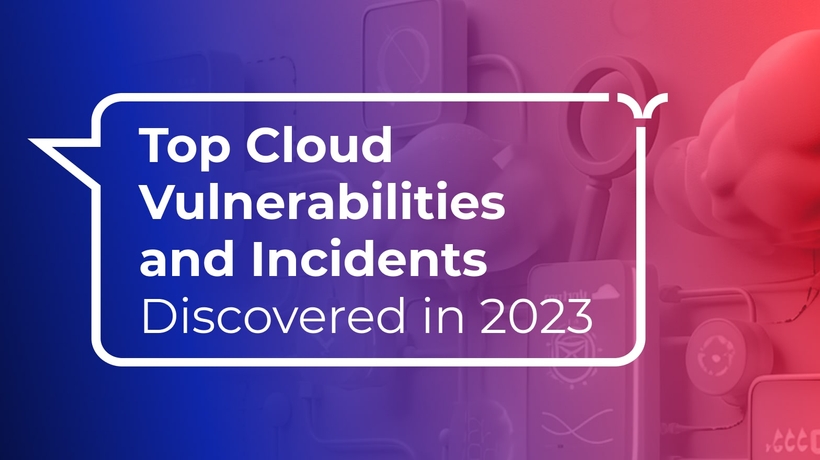
Cloud security continually challenges us with evolving vulnerabilities, incidents, and lessons. In 2023, notable breaches and vulnerabilities in cloud infrastructure have highlighted the critical need for robust security practices. Let’s dive into these incidents to gain invaluable insights into bolstering defenses and fortifying against potential threats.
Three specific vulnerabilities made headlines in 2023, showcasing just how much damage a simple vulnerability can cause and the takeaways that we need to learn to increase the cloud security posture of companies.
1. High-severity Nginx ingress controller vulnerabilities threaten Kubernetes Secrets
Three high-severity vulnerabilities surfaced in the NGINX Ingress controller for Kubernetes, posing a grave risk to credentials and sensitive data within cloud environments.
The vulnerabilities, assigned CVE numbers CVE-2023-5043, CVE-2023-5044, and CVE-2022-4886, introduce avenues for threat actors to execute arbitrary commands, manipulate annotations, and gain unauthorized access to credentials within Kubernetes clusters.
These exploits expose the vulnerability of the ingress controller, which directs incoming traffic to Kubernetes pods. Left unaddressed, vulnerabilities can grant unauthorized access to sensitive information, prompting the urgency for mitigation.
To mitigate these vulnerabilities, updating NGINX to version 1.19, enabling annotation validation, and altering pathType attributes are recommended steps to shield cloud environments from potential exploitation. To read more about this vulnerability, click here.
2. Atlassian's Confluence critical authorization vulnerability
A critical Improper Authorization vulnerability Atlassian's Confluence Data Center and Server product allowed attackers to reset Confluence instances or create administrator accounts.
This exploit, identified as CVE-2023-22518, was associated with active exploits and ransomware, impacting pre-existing Confluence Data Center and Server versions. Urgent patches were released by Atlassian (versions 7.19.16, 8.3.4, 8.4.4, 8.5.3, 8.6.1). The recommendations were to patch the recommended versions urgently and, if it wasn’t possible, to remove the instance from public access.
3. Microsoft's GitHub incident: a leak of 38TB of data due to an Azure misconfiguration
The Microsoft AI research team accidentally exposed 38 terabytes of sensitive data via their GitHub repository due to misconfigured Azure SAS tokens. SAS tokens are used to temporarily share data from Azure Storage accounts, mainly to limit access of individuals outside the organization. However, while the sole purpose of SAS tokens is to restrict access to data, they can do the opposite if handled incorrectly.
What’s particularly concerning is that the access level was set to “full control,” enabling not just viewing but also deletion and overwriting of files.
The misconfiguration allowed unwarranted access to extensive data, including private keys, passwords, and internal messages of over 300 Microsoft employees. This incident highlights the criticality of proper key management, especially in cloud environments. The vulnerability was reported by Wiz.
These vulnerabilities and incidents underline the need for proactive security measures in cloud environments.
Understanding Cloud Security Vulnerabilities
These vulnerabilities and incidents underline the need for proactive security measures in cloud environments. To understand more about cloud security vulnerabilities and how to mitigate them, refer to our detailed article on cloud security vulnerabilities in multi-cloud environments.
To learn more about cloud security and find out the most actionable best practices for your company, book a demo now with Cyscale.
Cloud Security Analyst at Cyscale
Sabrina Lupsan merges her academic knowledge in Information Security with practical research to analyze and strengthen cloud security. At Cyscale, she leverages her Azure Security Engineer certification and her Master's in Information Security to keep the company's services at the leading edge of cybersecurity developments.
Further reading
Cloud Storage
Misconfigurations
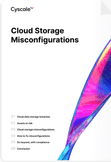
Build and maintain a strong
Security Program from the start.
Cloud Compliance in
2025: An In-Depth Guide
The whitepaper talks about ISO 27001, SOC 2, PCI-DSS, GDPR, HIPAA.
Download WhitepaperShare this article
Stay Connected
Receive our latest blog posts and product updates.
TOP ARTICLES
Cloud Security
Our Compliance toolbox
Check out our compliance platform for cloud-native and cloud-first organizations:
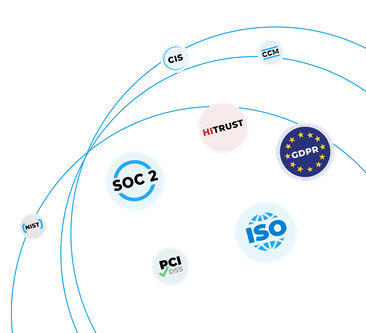
LATEST ARTICLES
What we’re up to
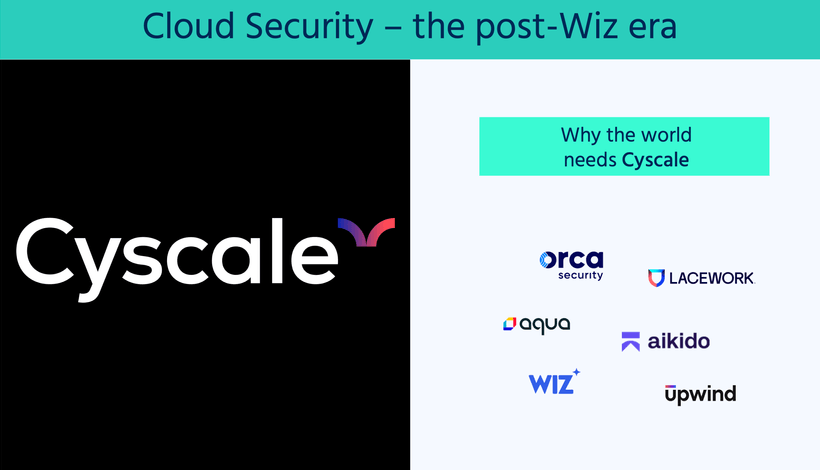
Why the world needs Cyscale in a post-Wiz era




